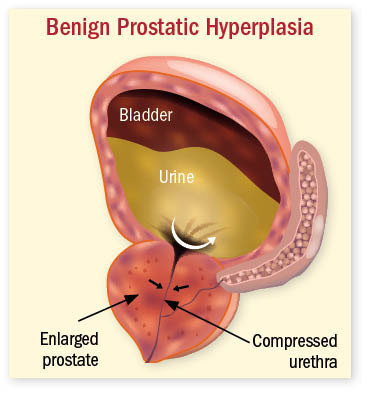
5 timeless habits for better health

What are the symptoms of prostate cancer?

Is your breakfast cereal healthy?

When pain signals an emergency: Symptoms you should never ignore

Does exercise give you energy?

Acupuncture for pain relief: How it works and what to expect

How to avoid jet lag: Tips for staying alert when you travel

Biofeedback therapy: How it works and how it can help relieve pain

Best vitamins and minerals for energy

Should you take probiotics with antibiotics?
Prostate Health Archive
Articles
Acupuncture relieves prostatitis symptoms in study
Prostatitis is a common inflammatory condition, but most cases have no obvious cause. Treatments are varied and include anti-inflammatory painkillers and alpha blockers, but a clinical trial showed that acupuncture has the potential to reduce symptoms of prostatitis without the side effects that drugs can cause.
Exercise may slow prostate cancer growth
Recent study shows more complications with alternative prostate biopsy method
In the United States, screening tests for prostate cancer are mostly done as biopsies through the rectum, but this procedure comes with a risk of infection. Technical advances are making it possible for doctors to perform a different kind of biopsy procedure in their offices, and a recent study compared the two types.
Managing prostate cancer while you wait-and-see
Prostate cancer and your diet
Level of health literacy affects treatment choice for slow-growing prostate cancer
A genetic test that provides an assessment of how aggressive a man's prostate cancer is and how likely it is to spread within his body. A new study has investigated for the first time how results of this test are impacting treatment decisions — with surprising results.
Steps to treating an enlarged prostate
Large review study finds low risk of erectile dysfunction after prostate biopsy
MRI looking better for detecting prostate cancer
Common hormonal treatments linked to abnormal heart rhythms and sudden death in men being treated for prostate cancer
Treatments for advanced prostate cancer that suppress testosterone, a hormone (also called an androgen) that drives the malignant cells to grow and spread, are collectively referred to as androgen deprivation therapies, or ADT. These therapies can significantly extend lifespans in men who have the disease, but they also have a range of challenging side effects. […]

5 timeless habits for better health

What are the symptoms of prostate cancer?

Is your breakfast cereal healthy?

When pain signals an emergency: Symptoms you should never ignore

Does exercise give you energy?

Acupuncture for pain relief: How it works and what to expect

How to avoid jet lag: Tips for staying alert when you travel

Biofeedback therapy: How it works and how it can help relieve pain

Best vitamins and minerals for energy

Should you take probiotics with antibiotics?
Free Healthbeat Signup
Get the latest in health news delivered to your inbox!
Sign Up










